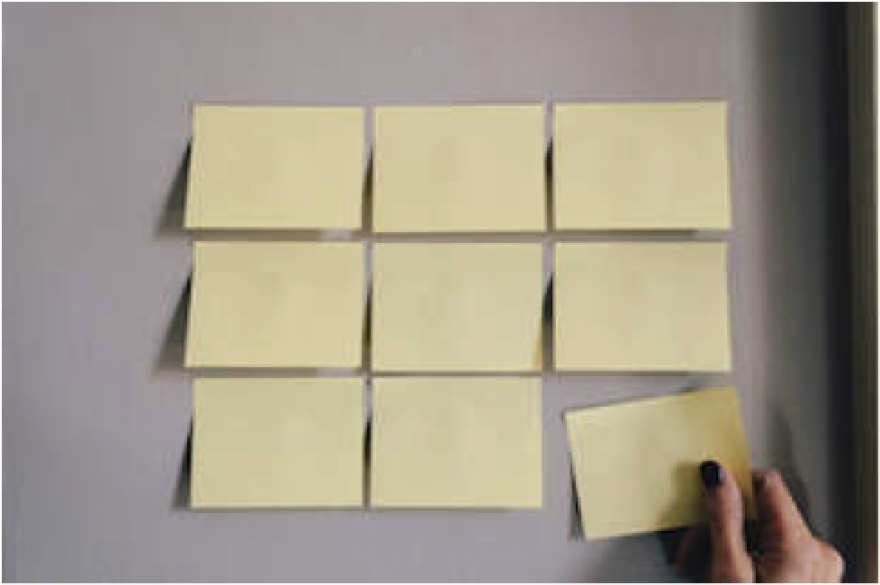The Trouble with Juggling
Maybe you sort mail while talking on the phone, send e-mail on your PDA while sitting in a committee meeting, help with homework while designing your next marketing piece.
Multitasking seems the only way to keep juggling and to get it all done. Sound familiar? A growing body of scientific studies suggests what I have been telling my coaching clients: multitasking is inefficient and will, in the end, take you more time and impact the quality your results as well as your physical wellbeing.
Many agents complain to me they need to be more focused and yet they are doing so many things at once, their brain is robbed of the opportunity to do one thing well before moving to the next. Doing more than one activity at a time diminishes the focus on both and will usually result in a lower degree of excellence. The cost involved in the juggling is high, according to a study by Carnegie Mellon University.
Subjects were asked to listen to sentences while comparing two rotating objects. The study found the resources available for the brain to pay attention visually dropped 29% and the listening brain activation dropped by 53%. So sorting your junk mail while talking with a client may result in throwing something away you should have kept or missing a clue to something amiss with the client! From the standpoint of time, which multitaskers think they are maximizing, studies have shown it takes at least 25% more time to return and restart an activity when it has been interrupted.
Complexity = Confusion When Multitasking
The more complicated the tasks, the more time is lost according to a study in the Journal of Experimental Psychology. So, the benefit to doing one thing with complete focus and attention is actually a time saver. You will find that scheduling time or setting boundaries (such as a closed office door) when you can do projects without interruptions will help you accomplish more.
Other reasons to rethink your multitasking relate to the results of the stress it creates internally. Your short-term memory is affected. What we baby-boomers are now lovingly referring to as a "senior moment" can usually be traced to multitasking. According to David Meyer, a psychology professor at the University of Michigan, "Intense multitasking can induce a stress response, an adrenaline rush that when prolonged can damage cells that form new memory."
• You can consciously reduce your multitasking by noticing it and taking some of the following steps.
• The practice of meditation is valuable in quieting the external chatter and allowing you to create more focus.
• Mindfulness and experiencing each moment, instead of rushing through your activities will benefit you with more satisfaction and awareness.
• Truly being present and listening in a deeper way to each person you come in contact with will benefit you in better communication and relationships. When you don't answer the phone while you are working on a project, or when you close that office door, you increase groundedness and focus.
So, next time you get the urge to multi-task, challenge yourself to stop and give each task attention, one thing at a time!







